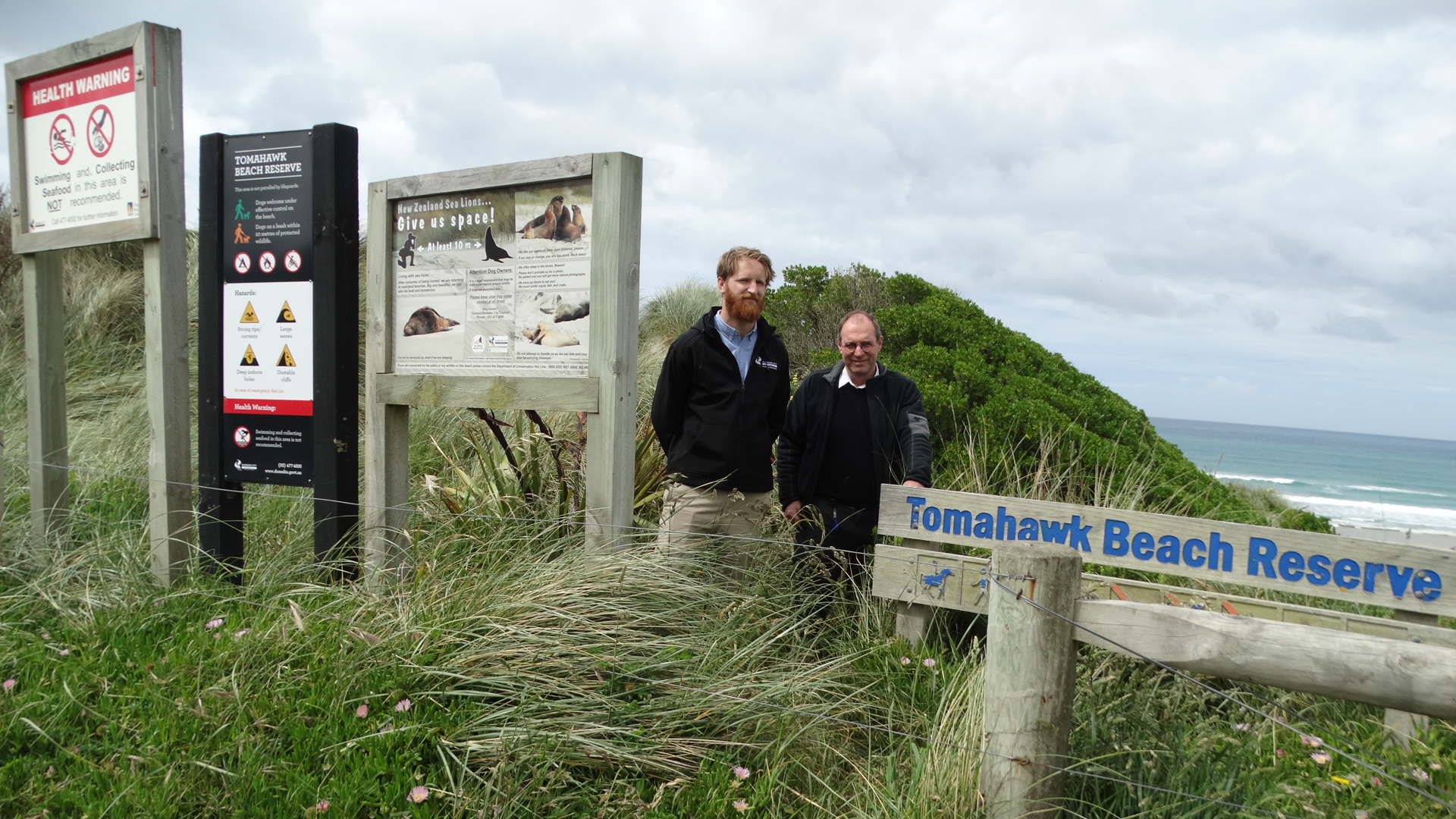
The issue of vehicles being driven on beaches has arisen particularly at Tomahawk Beach, Warrington Beach and Long Beach.
These three areas would be under the spotlight over summer, Dunedin City Council parks and recreation group manager Robert West told The Star.
The council's Reserves and Beaches Bylaw 2017, which was signed off in Wellington in April, bans vehicles from Dunedin beaches and reserves.
Emergency services, lifeguards, vehicles directly launching or retrieving vessels, mobility scooters and wind-powered buggies are exempt and horses are not banned from beaches.
Mr West said the bylaw aimed to address "how we use and preserve, and not misuse, our reserves and beaches''.
The "single biggest challenge'' faced by the council in implementing the bylaw was that some people had been driving on beaches for a long time and regarded it as a right, Mr West said.
However, during consultation on the bylaw in 2017, 71% of the 433 submissions received said vehicles should be prohibited from beaches.
"It is really clear to us that people don't want to have to be in those environments with cars driving down them,'' he said.

To help get the message across, the council was talking with the Department of Conservation (Doc) about having summer "rangers'' visit Doc sites, freedom camping sites and some reserves and beaches.
Where the council received reported sightings of vehicles on beaches, it would write directly to those people with an educational message.
Those who continued to flout the bylaw could be fined up to $20,000, Mr West said.
Another important means of getting messages across was with signs, and the council had quite a lot of work to do, he said.
It was difficult to find a balance between having inadequate signage and "way too much''.
The council was talking with Doc to see if signage could be consolidated.
The issue of vehicles on beaches was a hot topic at the recent Waikouaiti Coast Community Board meeting, where community concerns were highlighted.
Peninsula Community Board chairman Paul Pope said there had been "quite a number'' of incidents on Tomahawk Beach, which had an area designated for launching boats.
Cars had become stuck and swamped by the tide and two cars were burnt out.
"In recent years, Tomahawk has become increasingly popular as a visitor destination and having peace and quiet for beach users is important."
Mr Pope felt education and signs were the keys to solving the problem.
West Harbour Community Board chairman Steve Walker said he regularly received complaints about vehicles on beaches in the board area, including Long Beach, and the council should enforce the new bylaw.
He believes an "an overwhelming majority'' of people in West Harbour supports the beach ban on vehicles.
"Anyone with even a sprinkling of common sense would agree it's madness to put the lives of our children, fellow citizens and endangered wildlife at risk just so they can drive a vehicle in an area for fun.''
BRENDA.HARWOOD @thestar.co.nz












